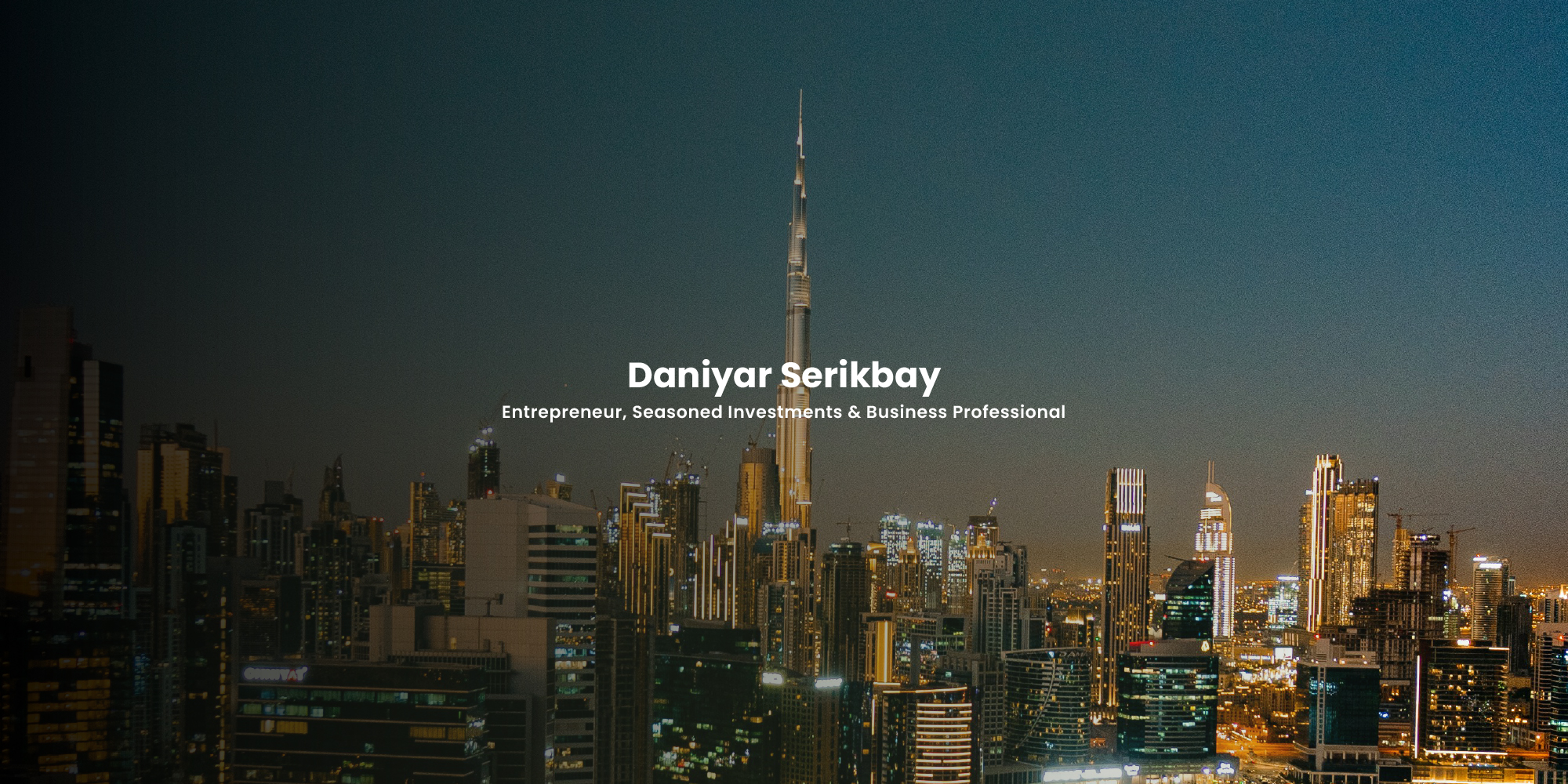
Dubai has long symbolized luxury, innovation, and forward-thinking urban planning. Over the past few decades, the city has transformed from a modest trading hub into a global metropolis renowned for its breathtaking skyline, luxurious lifestyle, and ambitious real estate projects. As Dubai continues to evolve, its real estate development sector remains at the forefront of its growth, reflecting its leaders and developers’ dynamic and visionary nature. This article explores the future of real estate development in Dubai, examining key trends, challenges, and the city’s strategic vision for the coming years.
The Evolution of Dubai’s Real Estate Landscape
Dubai’s real estate journey began in earnest during the late 20th century, driven by the government’s strategic initiatives to diversify the economy and reduce dependence on oil revenues. The launch of freehold property laws in 2002 was a pivotal moment that opened the market to foreign investors, leading to a real estate boom that reshaped the city’s skyline. Iconic projects like the Palm Jumeirah, Burj Khalifa, and Dubai Marina became symbols of Dubai’s ambition and ability to turn bold visions into reality.
The global financial crisis of 2008 posed significant challenges to Dubai’s real estate market, leading to adjustment and consolidation. However, the city’s resilience and adaptability enabled it to bounce back, with a renewed focus on sustainable development, regulatory reforms, and the introduction of new asset classes like real estate investment trusts (REITs). Today, Dubai’s real estate sector is more mature, diversified, and resilient, with a strong regulatory framework that supports long-term growth.
As Dubai looks to the future, its real estate development strategy is evolving to meet the needs of a rapidly changing world. To remain a global leader in real estate development, the city embraces new technologies, sustainability, and innovative urban planning concepts.
Embracing Sustainability and Green Development
Sustainability has become a cornerstone of Dubai’s real estate development strategy, reflecting a global shift towards environmentally responsible building practices. The Dubai Clean Energy Strategy 2050 and the Dubai Green Building Regulations are key initiatives that aim to reduce the city’s carbon footprint, promote energy efficiency, and encourage using renewable energy sources in real estate projects.
Developers in Dubai are increasingly incorporating green building practices into their projects, driven by regulatory requirements and market demand. Buildings are designed to minimize energy consumption, with advanced insulation, energy-efficient lighting, and smart building systems that optimize energy use. Solar panels and other renewable energy technologies are becoming more common, helping to reduce reliance on fossil fuels and lower operating costs for property owners.
Water conservation is another critical aspect of sustainable real estate development in Dubai. The city’s arid climate makes water a precious resource, and developers are implementing innovative solutions to reduce water consumption in buildings. These include low-flow fixtures, greywater recycling systems, and drought-resistant landscaping. Such measures contribute to environmental sustainability and enhance properties’ long-term value by reducing utility costs.
In addition to individual buildings, Dubai also focuses on creating sustainable communities. Developments like Dubai Sustainable City and Expo 2020’s District 2020 showcase the city’s commitment to holistic, environmentally friendly urban planning. Developers design these communities to minimize environmental impact while providing residents with a high quality of life, featuring green spaces, efficient public transportation, and a mix of residential, commercial, and recreational facilities.
The Role of Smart Technology in Shaping Dubai’s Real Estate
As one of the world’s leading smart cities, Dubai is leveraging technology to enhance its real estate developments efficiency, convenience, and sustainability. Integrating smart technologies transforms individual buildings and reshapes how entire neighborhoods and districts are planned and managed.
Smart buildings equipped with Internet of Things (IoT) devices and advanced building management systems are becoming increasingly common in Dubai. These technologies enable real-time monitoring and control of building systems, such as heating, ventilation, air conditioning (HVAC), lighting, and security. By optimizing these systems, smart buildings can significantly reduce energy consumption, enhance occupant comfort, and improve operational efficiency.
Artificial intelligence (AI) and big data analytics are also revolutionizing real estate development in Dubai. AI-powered tools can analyze vast amounts of data to predict market trends, optimize building design, and improve decision-making processes. For example, developers can use AI to forecast demand for different types of properties, allowing them to tailor their projects to meet market needs more accurately. Big data analytics can also help developers identify the most suitable locations for new projects based on population density, traffic patterns, and proximity to amenities.
Dubai’s smart city initiatives extend beyond individual buildings to entire districts. The Dubai Smart City project aims to create a fully connected urban environment where residents can access various services through digital platforms. This includes smart transportation systems, which use data to optimize traffic flow and reduce congestion, and smart utilities that monitor and manage energy and water usage across the city.
Mixed-Use Developments and the Future of Urban Living
As urbanization continues to shape the future of cities worldwide, mixed-use developments are becoming an increasingly popular trend in Dubai’s real estate landscape. These developments combine residential, commercial, retail, and recreational spaces in a single location and offer residents a more integrated and convenient lifestyle.
Mixed-use developments align with Dubai’s vision of creating vibrant, self-sufficient communities where people can live, work, and play without requiring long commutes. Developers design these developments to promote walkability, reduce traffic congestion, and enhance residents’ overall quality of life. By offering a diverse range of amenities and services within proximity, mixed-use developments create a sense of community and contribute to the city’s social and economic vitality.
A combination of sustainability, technology, mixed-use development, and a proactive response to global events and market dynamics shapes the future of real estate development in Dubai. As the city continues to grow and evolve, its real estate sector will play a crucial role in realizing Dubai’s vision of becoming one of the world’s most innovative and sustainable cities.